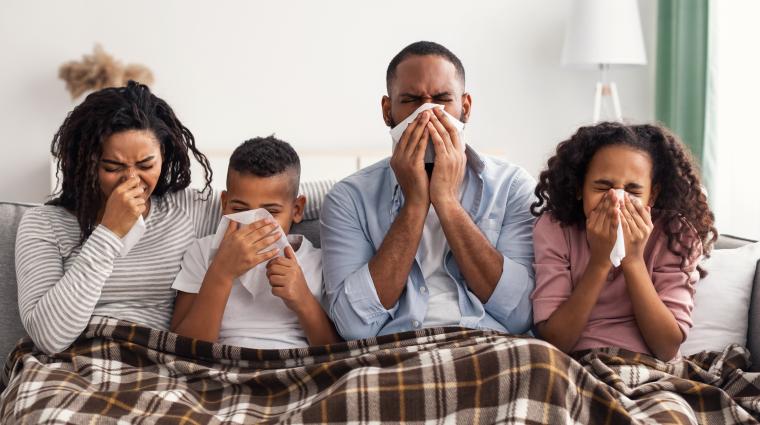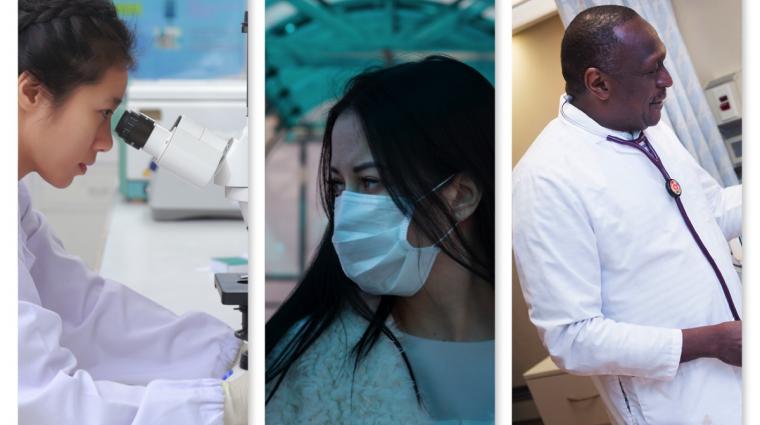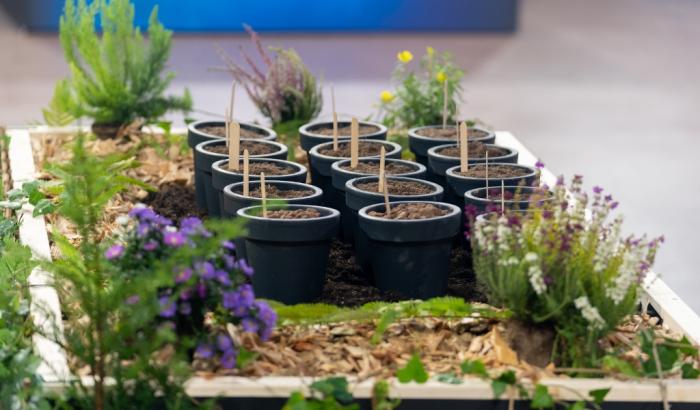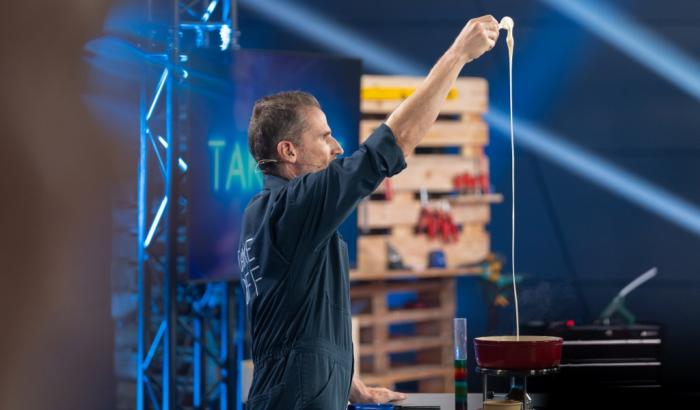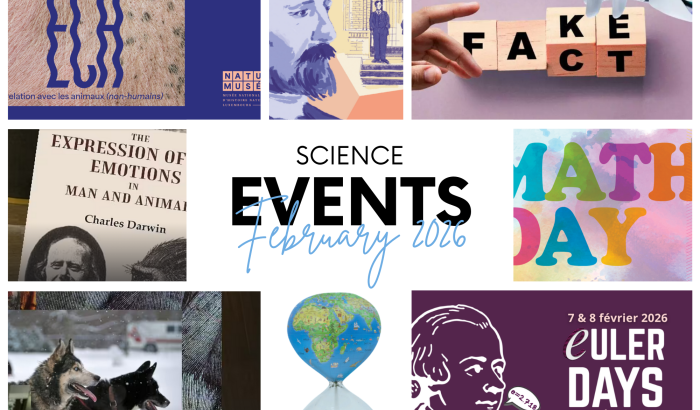
shotshop.com
Why this study? Scientists want to find out how the current pandemic affects our social behavior. Specifically, the aim is to quantify the average number of contacts in the population at different times and compare them with previous studies and results. This data is important to include in forecasts, to generate better statistics and to better understand the spread of the virus as well as the effects of different measures.
Here the link to the survey (Surveymonkey).
The survey is anonymous and takes less than 2 minutes to complete. You are asked to indicate your gender, age and nationality, but no other personal data is requested. The results of the survey can be transmitted to research institutions, statistical offices and ministries in Luxembourg for analysis.
We do this survey regularly, in order to track the change in behaviour during the different phases of the COVID-19 crisis.
Many thanks for your participation!
Author of the survey: Joël Mossong, Ardashel Latsuzbaia
Editor: FNR

